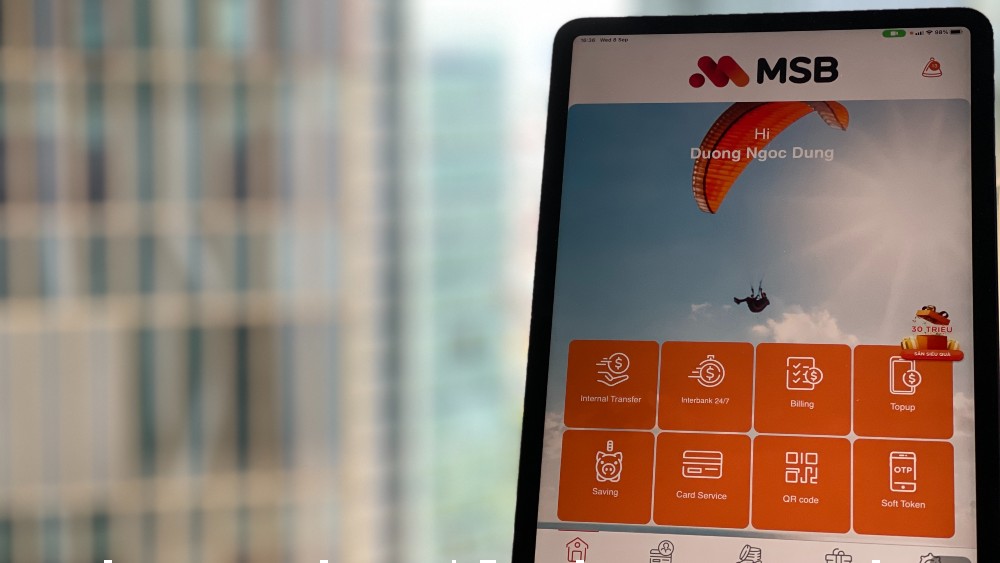
Cashless transactions, like mobile and card payments, are quietly overtaking cash as the most common form of transaction around the world.
But the cash vs cashless sentiment varies from region to region and between countries.
So where does Vietnam stand on this issue?
Here’s a look at the countries that are talking most positively about cashless societies:
Merchant Machine analysed geotagged tweets to find out which countries want or reject a cashless society, revealing that Vietnam is pro-cashless.
With so many neobanks, digital wallets and apps making it easier than ever to pay for things without cash, it’s clear that a cashless future is a reality for many. In fact, more and more people in the U.S. and around the world aren’t paying with cash at all when they go shopping.
Some countries, like Japan, are making big changes to ride the cashless wave, while in others, cash remains king. Presuming that someone has access to both and can choose between them, there are lots of factors that can influence someone’s preferred method of payment.
For example, you might like that cash is readily available from ATMs, and physically accounting for it can help you budget better. But banking apps and digital wallets enable you to organize your income and outgoings at the touch of a button, and to make quick and efficient transactions.
Both sides of the argument have strong points, and everyone has their own individual preference — but like it or not, non-cash transactions are on the increase worldwide, indicating a move towards a cashless future. So, where do countries and U.S. states stand on the issue today? Merchant Machine turned to Twitter to find out whether people are more for or against a cashless society.
To gauge each country and U.S. state’s sentiment towards cashless payments, Merchant Machine retrieved geotagged tweets containing the following search terms: Cashless, Contactless, Google Pay, Apple Pay, Samsung Pay, Microsoft Wallet, PayPal, Alipay, Facebook Pay, Walmart Pay, Mozido, Dashlane, Veno, Zelle, Paycloud.
They removed any duplicates, allowing only a maximum of one tweet per account per day. The team only assessed tweets written in English, Spanish, German, French or Italian.
Merchant Machine then applied an AI algorithm using Hugging Face API to classify tweets as having a positive, negative or neutral sentiment. This allowed them to classify places as “wanting” or “rejecting” a cashless society based on whether the % of positive (want) or negative (reject) cashless tweets was higher.
Finally, they ranked all regions by both % of positive and % of negative tweets to create maps that show which states and countries have the strongest sentiment toward wanting or rejecting a cashless society.
The results for the countries were further filtered by adding a minimum threshold of 100 tweets, and was left with 88 countries.
The data was collected in September 2022.
The full study’s dataset can be found here: https://bit.ly/CashlessSocieties
Related
Source: Vietnam Insider
